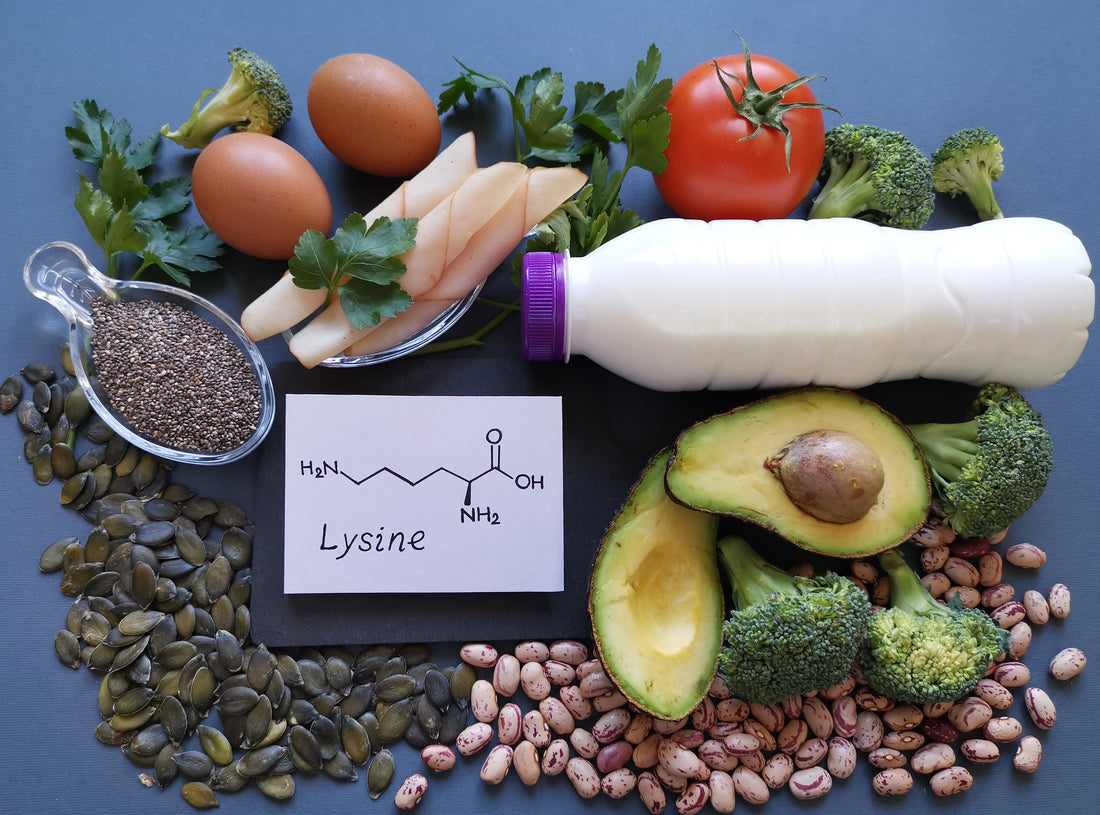
Managing Cold Sores: The Role of Lysine and Foods to Avoid
Karen Faye BrionesShare
Introduction
Cold sores, also known as fever blisters, are a common viral infection caused by the herpes simplex virus (HSV). They often appear as small, fluid-filled blisters around the lips, mouth, or nose, and can be both uncomfortable and unsightly. While there is no cure for cold sores, there are ways to manage their symptoms and potentially reduce their frequency. One dietary approach involves incorporating lysine-rich foods and avoiding foods high in arginine, as these two amino acids are believed to play a significant role in cold sore outbreaks.
Understanding Lysine and Arginine
Lysine and arginine are both essential amino acids, meaning they are crucial for various bodily functions. However, they have contrasting roles when it comes to cold sores. Lysine is believed to inhibit the replication of the herpes simplex virus, potentially reducing the frequency and severity of outbreaks. On the other hand, arginine can trigger the replication of the virus, promoting the formation of cold sores.
Foods Rich in Lysine
Incorporating lysine-rich foods into your diet can be a proactive way to manage cold sore outbreaks. Here are some examples of foods that are high in lysine:
- Lean Proteins: Chicken, turkey, fish, and lean cuts of beef are excellent sources of lysine.
- Dairy Products: Yogurt, cheese, and milk provide a good amount of lysine.
- Legumes: Lentils, beans, and peas are plant-based sources of lysine.
- Quinoa: This whole grain is not only rich in lysine but also provides other essential nutrients.
- Eggs: Eggs are a versatile source of lysine, along with other important nutrients.
- Soy Products: Tofu and other soy-based foods are lysine-rich options, especially for vegetarians and vegans.
Foods to Avoid (High in Arginine)
To help prevent cold sore outbreaks, it's advisable to limit your consumption of arginine-rich foods. Here are some examples of foods that contain higher levels of arginine:
- Nuts: Peanuts, cashews, and walnuts are high in arginine.
- Seeds: Sunflower seeds and pumpkin seeds are arginine-rich.
- Chocolate: While it's a favorite treat for many, chocolate contains significant amounts of arginine.
- Grains: Wheat germ and whole wheat products, including bread and pasta, have higher arginine levels.
- Gelatin: Foods made with gelatin, such as certain desserts and gummy candies, are best avoided.
- Caffeine and Alcohol: Both caffeine and alcohol can deplete the body's lysine levels while promoting arginine, potentially triggering cold sore outbreaks.
Conclusion
While there's no surefire way to completely prevent cold sores, making dietary adjustments by incorporating lysine-rich foods and avoiding arginine-rich foods may help manage their frequency and severity. Remember that individual responses to these dietary changes can vary, and it's always a good idea to consult with a healthcare professional before making significant changes to your diet, especially if you have existing health conditions. Additionally, maintaining good hygiene and managing stress levels can also contribute to reducing cold sore outbreaks.
